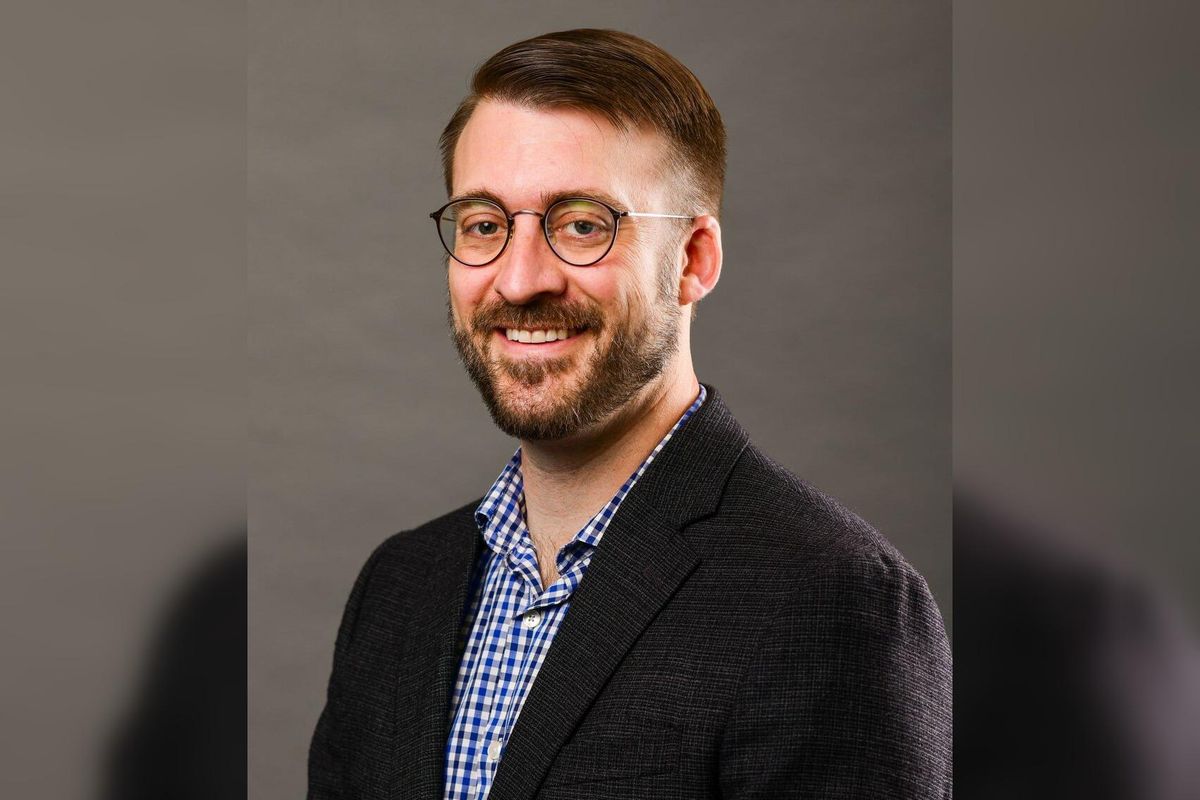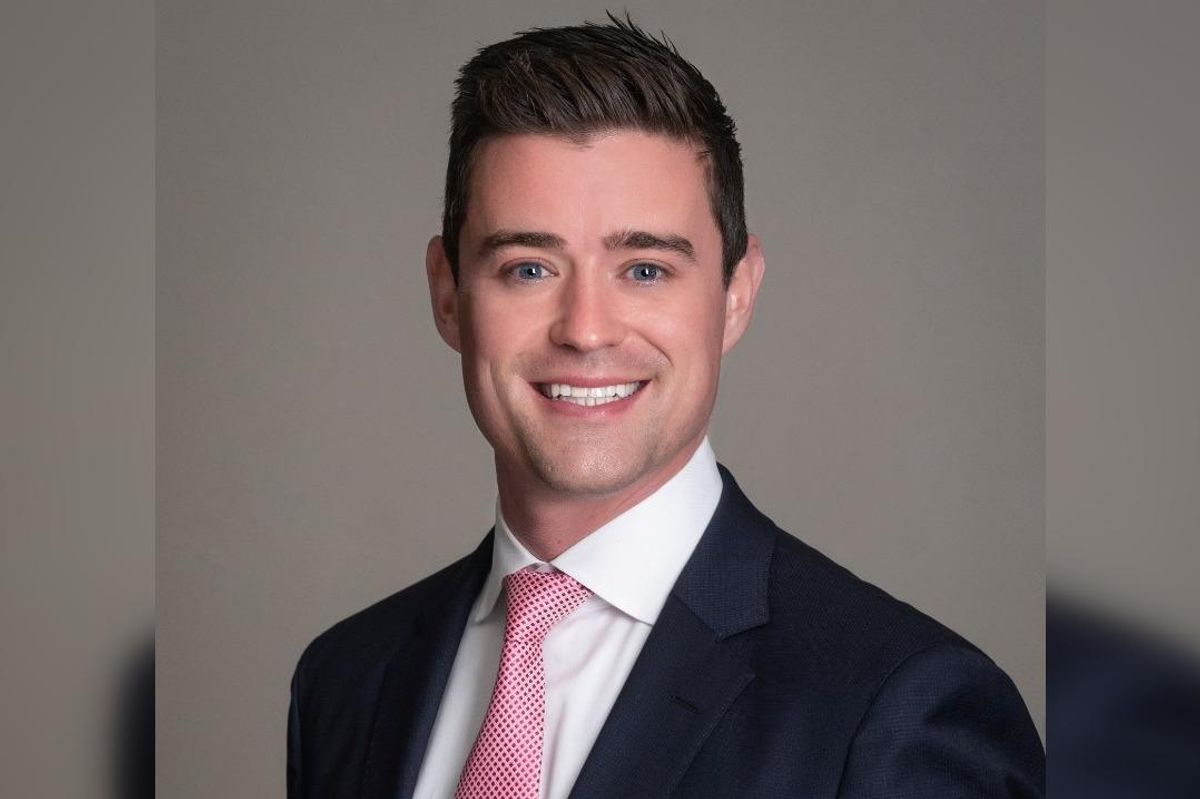Editor's note: In this week's roundup of Houston innovators to know, I'm introducing you to three local innovators across the energy industry recently making headlines in Houston innovation.
Juliana Garaizar, head of the Houston incubator and vice president of innovation at Greentown Labs

Juliana Garaizar joins the Houston Innovators Podcast to discuss the incubator's upcoming Climatetech Summit. Photo courtesy of Juliana Garaizar
This week, Greentown Labs is hosting a two-day summit focused on elevating the conversation around clean energy and the energy transition in Houston and beyond, as well as serving as a showcase for emerging technologies coming out of Greentown's member companies.
"The main theme for this Climatetech Summit is commercialization, and we're trying to explore it in different ways," Juliana Garaizar, head of the Houston incubator and vice president of innovation for Greentown, says on this week's Houston Innovators Podcast. "We're going to have some great panels on rapid commercialization and Houston and the energy transition."
Last year, Houston played a role in Greentown's annual Climatetech Summit. The two-day streamed event in 2021 attracted over 2,500 viewers from 38 different countries. This year's event will return to in-person but keep the streaming element to maintain this opportunity to reach people all over the world. The summit kicks off on November 2 in Houston and continues on November 3 in Boston. (InnovationMap is a partner for the Houston portion of the summit.) Click here to read more.
Trevor Best, co-founder and CEO of Syzygy Plasmonics

Trevor Best, CEO of Syzygy Plasmonics, announced a new tool for clean energy. Photo courtesy of Syzygy
Houston-area energy tech startup Syzygy Plasmonics just released a free online tool at CarbonModel.com that enables users to calculate the greenhouse gas emissions and emission-reduction costs in as little as 60 seconds. It’s a more straightforward way of making those calculations than is offered by Argonne National Laboratory’s Greenhouse gases, Regulated Emissions, and Energy use in Technologies (GREET) model, the startup says.
Syzygy co-founder and CEO Trevor Best calls the Inflation Reduction Act “a major tailwind” for energy transition and hydrogen adoption.
“Existing hydrogen producers now have the fiscal support needed to sanction new projects. And companies that had been mulling hydrogen as a new business are incentivized to move more quickly,” Best says. “Both existing and new entrants in the hydrogen market want to know if their hydrogen is clean enough to qualify for [Inflation Reduction Act] tax credits.” Click here to read more.
Nathan Ough, president and CEO of VoltaGrid

Houston-based VoltaGrid provides small-scale, self-contained microgrids that can operate independently of major power grids or in tandem with other microgrids. Photo via LinkedIn
Bellaire-based VoltaGrid, which provides small-scale, self-contained microgrids that can operate independently of major power grids or in tandem with other microgrids, has hauled in $150 million in equity funding. VoltaGrid’s product consists of natural gas engines, portable energy storage, natural gas processing and grid power connectivity.
VoltaGrid says it will spend the fresh cash to grow its power generation portfolio, along with its low-carbon fuel program in partnership with Pilot. The low-carbon platform features hydrogen and compressed natural gas.
“VoltaGrid continues to set new milestones across multiple sectors and business lines as we execute on our proven strategy with key partners,” Nathan Ough, president and CEO of VoltaGrid, says. Click here to read more.
